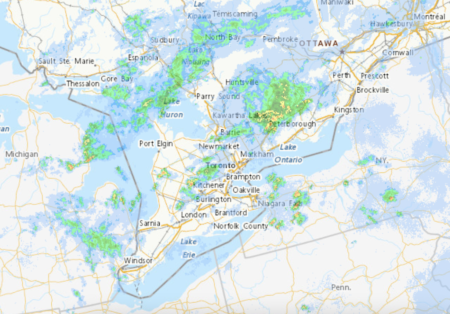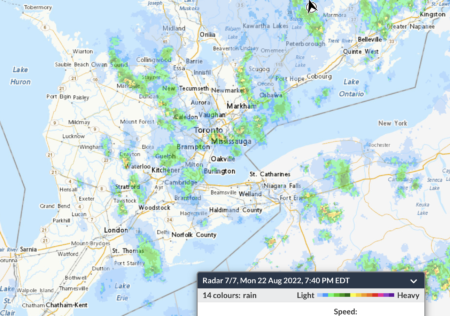Sometime around late elementary school or early high school I got my first razor as a gift: a Gillette Mach 3 using cartridge blades. I used those more or less exclusively until I began using Harry’s catridge razors in Ottawa or maybe early in my Toronto time around 2012. One lesson I did learn in the UK and used subsequently is that shave oil (like King of Shaves) works better with just a few drops than covering your whole face in foam — plus you can always see what you are doing and thus avoid acne.
About a week ago, something set me off reading reviews and watching videos about safety razors: a style that used double-edged (DE) razor blades, dates back to the early 1900s, and was popularized by WWI. I think it might have been annoyance about how, if I don’t shave for a few days, cartridge razors get instantly clogged up betweeen the blades.
I ordered a Merkur 38C, made in Germany, from the House of Knives in BC because I was worried that the same product from Amazon was likely to be counterfeit. I got 10 Merkur blades, 100 Astra blades, plus two shaving creams (Harry’s and Creamo) and a shaving soap (Proraso).
I got the soap and a basic boar brush a day before the razor, so I tried it with my catridge razor. There is no question that warming your face with hot water and then applying shaving soap with a brush feels excellent on its own, and makes shaving with whatever tool closer, better-feeling, and safer.
With the safety razor, shaving with both cream and foam was surprisingly painless and easy after what all the videos prepared me for. I found no trouble identifying the right angle to let the weight of the razor do the pulling, and I don’t think I came close to cutting myself in any trial. The results are also noticeably noticeably closer: one day after a safety razor shave it feels about as close as one minute after a careful cartridge razor shave with oil.
I still need to obtain or make a sharps bin or ‘blade bank,’ but, despite reading about how many DE safety razor users change blades every time, I have been finding them more than good enough for at least 3-4 shaves.
In the last few years, I have mostly fallen back to shaving every 2-4 days and semi-periodically growing a beard for a week or two. In part I think that’s because of the not-so-satisfying experience of those cartridge blades. The last time I bought a set of Harry’s blades, it was $40 for 16 blades in May 2021. During the first 1-3 uses, they have an effortlessly sharp and clean feeling which feels like how shaving ought to work. However, in less than a week I can feel them starting to pull rather than cut hairs, and leaving behind most of the hairs they cross on each path. Anything but the brand-new-blade feeling isn’t the best shaving experience, and even those three sharp shaves feel a little frustrating because they mean I just threw a blade cartridge away and because I know the new one won’t last long.
I know part of it is just new toy enthusiasm, but since getting the Merkur I have felt a bit disappointed that only one shave a day is required — and would have to be foregone for several days to get long stubble for a DE blade versus cartridge comparison. I’ll report back if I do manage to slash my face open, or if this new toolset becomes entrenched as my long-term default.


